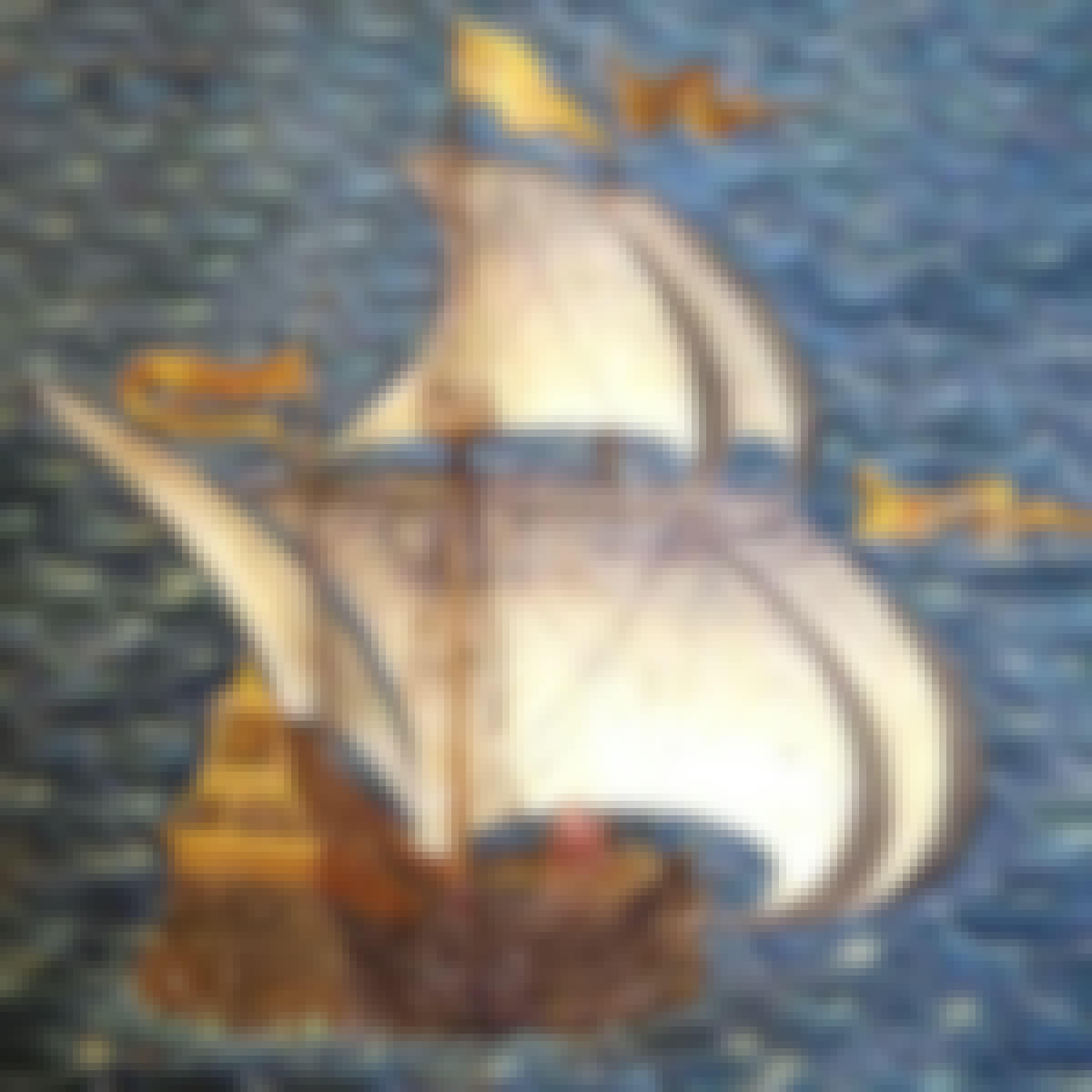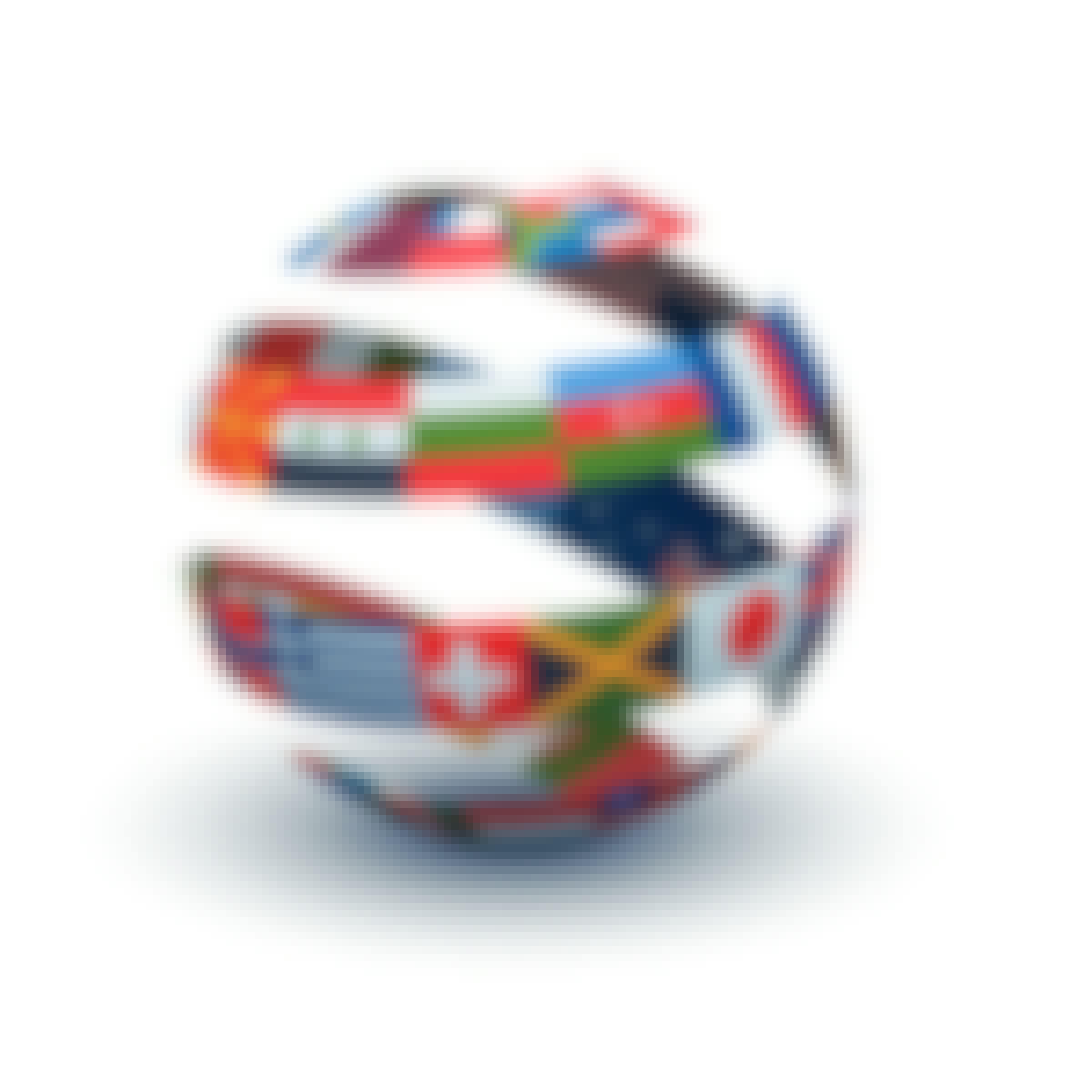- Browse
- Medieval Europe
Results for "medieval europe"
 Status: PreviewPreviewB
Status: PreviewPreviewBBanco Interamericano de Desarrollo
Skills you'll gain: Communication, Emotional Intelligence, Presentations, Empowerment, Professional Networking, Resilience, Mentorship, Self-Awareness, Branding, Professional Development, Assertiveness, Leadership, Leadership and Management, Social Media, Governance
Beginner · Course · 1 - 4 Weeks
 Status: NewNewStatus: Free TrialFree TrialS
Status: NewNewStatus: Free TrialFree TrialSScrum Alliance
Skills you'll gain: Meeting Facilitation, Coaching, Agile Product Development, Mentorship, Teaching, Employee Coaching, Agile Project Management, Agile Software Development, Agile Methodology, Team Building, Leadership, Team Performance Management, Team Management, Team Leadership, Organizational Leadership, Business Transformation, Culture Transformation, Employee Training, Leadership and Management, Project Management
Beginner · Course · 1 - 3 Months
 Status: NewNewStatus: PreviewPreviewU
Status: NewNewStatus: PreviewPreviewUUniversitat Politècnica de València
Skills you'll gain: Web Content Accessibility Guidelines, Disabilities, Adaptive Equipment, Mobile Development, Hypertext Markup Language (HTML), Web Design, Education Software and Technology, Usability, User Interface (UI), Digital Design, Android (Operating System), Apple iOS, Diversity Equity and Inclusion Initiatives
Beginner · Course · 1 - 3 Months
 Status: NewNewStatus: PreviewPreviewU
Status: NewNewStatus: PreviewPreviewUUniversidades Anáhuac
Skills you'll gain: Personal Development, Student Support and Services, Academic Advising, Self-Discipline, Community Development, Self-Awareness, Mentorship, Emotional Intelligence, Empathy, Initiative and Leadership, Collaboration, Relationship Building, Goal Setting, Active Listening
Beginner · Course · 1 - 3 Months
 Status: FreeFree
Status: FreeFreeSkills you'll gain: Leadership Development, Business Leadership, Professional Development, Strategic Leadership, Entrepreneurship, Visionary, Leadership, Organizational Leadership, Culture Transformation, Business Planning, Business Management, Mentorship
Mixed · Course · 1 - 4 Weeks
 Status: NewNewStatus: Free TrialFree Trial
Status: NewNewStatus: Free TrialFree TrialSkills you'll gain: Photography, Photo/Video Production and Technology, Creativity, Aesthetics
Beginner · Course · 1 - 4 Weeks

Skills you'll gain: Intellectual Property, Research Methodologies, New Product Development, Performance Measurement, Business Planning, Design Thinking, Value Propositions, Financial Modeling, Private Equity, Social Media Strategy, Business Modeling, Team Building, Active Listening, Sustainable Business, Business Strategy, Social Impact, Supplier Relationship Management, Ideation, Entrepreneurship, Innovation
Earn a degree
Degree · 1 - 4 Years
 Status: PreviewPreviewU
Status: PreviewPreviewUUniversitat de Barcelona
Skills you'll gain: World History, Culture, International Relations, Art History, Social Sciences, Economics, European History, Cultural Diversity, Sociology, Political Sciences
4.4·Rating, 4.4 out of 5 stars228 reviewsMixed · Course · 1 - 3 Months
 Status: PreviewPreviewY
Status: PreviewPreviewYYale University
Skills you'll gain: Art History, European History, Social Studies, Liberal Arts, Architecture and Construction, World History, Higher Education, Economics, Storytelling, Architectural Design
4.7·Rating, 4.7 out of 5 stars503 reviewsBeginner · Course · 1 - 3 Months
 Status: PreviewPreviewY
Status: PreviewPreviewYYale University
Skills you'll gain: Ancient History, World History, European History, Cultural Diversity, Art History, Liberal Arts, Storytelling, Higher Education
4.8·Rating, 4.8 out of 5 stars693 reviewsBeginner · Course · 1 - 3 Months
 Status: PreviewPreviewU
Status: PreviewPreviewUUniversity of Virginia
Skills you'll gain: Public History, Writing, Storytelling, Writing and Editing, World History, European History, Liberal Arts, Creativity
4.6·Rating, 4.6 out of 5 stars627 reviewsBeginner · Course · 1 - 3 Months
 Status: PreviewPreviewU
Status: PreviewPreviewUUniversity of Virginia
Skills you'll gain: World History, International Relations, European History, Political Sciences, Social Sciences, Culture, Economics, Governance
4.8·Rating, 4.8 out of 5 stars1.7K reviewsBeginner · Course · 1 - 3 Months
In summary, here are 10 of our most popular medieval europe courses
- Mulheres líderes: potencialize habilidades para a mudança: Banco Interamericano de Desarrollo
- Becoming an Agile Coach: Scrum Alliance
- Accessible technology for inclusion: Universitat Politècnica de València
- Principios del Acompañamiento Educativo: Universidades Anáhuac
- Goldman Sachs 10,000 Women के साथ, नेतृत्व के मूल सिद्धांत: Goldman Sachs
- Landscape Photography: Shooting from an Aerial Perspective: Skillshare
- Executive MSc & MSc in Innovation and Entrepreneurship: HEC Paris
- The Mediterranean, a Space of Exchange (from the Renaissance to Enlightenment): Universitat de Barcelona
- Age of Cathedrals: Yale University
- A Journey through Western Christianity: from Persecuted Faith to Global Religion (200 - 1650) : Yale University










